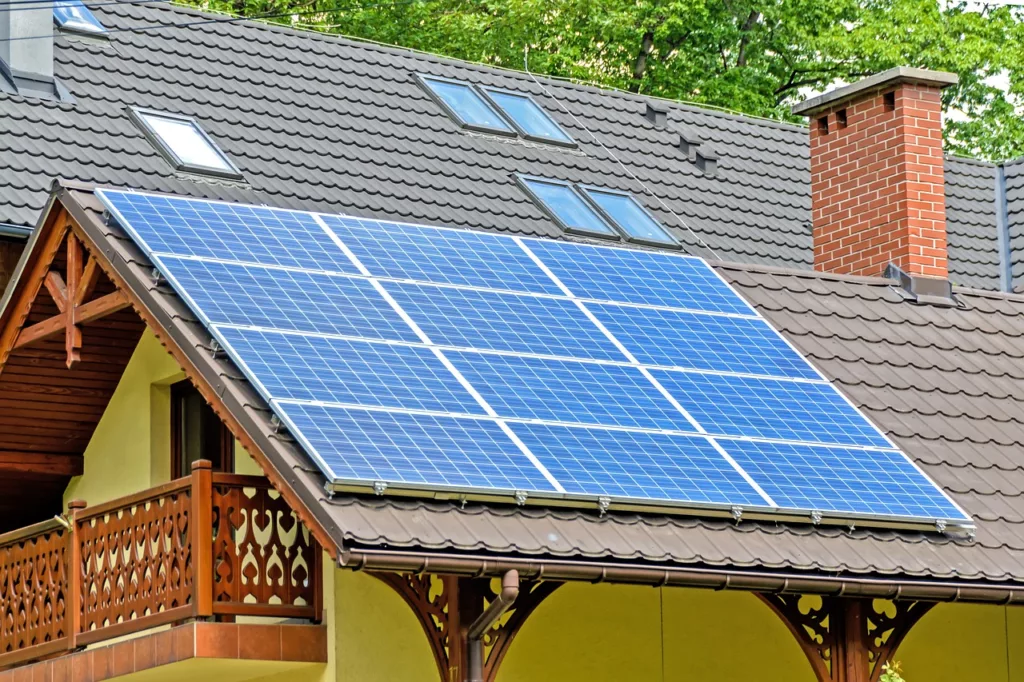
As humanity faces the escalating threat of climate change, the importance of transitioning to renewable energy sources has never been more critical. Renewable energies are inexhaustible sources of power that have the potential to replace the fossil fuels currently driving our global energy system. They provide a sustainable, clean solution to energy production and significantly reduce greenhouse gas emissions.
What Are Renewable Energies?
Renewable energies are derived from natural processes that are replenished at a rate faster than they are consumed. These include sunlight, wind, water, geothermal heat, and various forms of biomass. Unlike non-renewable energy sources like coal, oil, and natural gas, renewable energies do not deplete over time and have a much smaller environmental impact.
Solar Energy

Solar energy harnesses the power of the sun, one of the most abundant sources of energy on the planet. Photovoltaic (PV) cells convert sunlight directly into electricity. Alternatively, concentrated solar power (CSP) systems focus sunlight to heat a liquid, producing steam that drives a turbine connected to an electricity generator.
Wind Energy
Wind energy harnesses the power of moving air to generate electricity. Wind turbines convert the kinetic energy in wind into mechanical power, which a generator then changes into electricity.
Hydropower
Hydropower, or water power, uses the force or energy of moving water to generate electricity. This is typically achieved with a dam on a river, creating a reservoir of stored water that can be released to turn a turbine, which drives an electric generator.
Geothermal Energy
Geothermal energy taps into the Earth’s internal heat. This heat can be used directly for heating or cooling or can be converted into electrical power.
Biomass
Biomass energy comes from organic materials like plants and animal waste. These materials can be burned to generate heat or can be converted into biofuels like ethanol and biodiesel.
The Benefits of Renewable Energy
Renewable energy sources provide numerous benefits over traditional fossil fuels.
- Sustainability: Renewable energy is sustainable over the long term because it is not depleted by use. This is a stark contrast to fossil fuels, which are finite and will eventually run out.
- Reduction of Greenhouse Gas Emissions: Renewable energy sources emit significantly fewer greenhouse gases during operation than fossil fuel alternatives.
- Energy Independence: Countries that have abundant renewable resources can produce their own energy, reducing dependence on foreign oil and enhancing national security.
- Economic Opportunities: The renewable energy industry also creates new jobs and stimulates economic growth. The production and installation of renewable energy systems require a wide range of roles, from engineers and factory workers to salespeople and installers.
Challenges and the Path Forward
While renewable energy sources present tremendous opportunities, they also come with their own set of challenges. The intermittent nature of solar and wind power requires effective storage solutions. The initial cost of renewable installations can be high, although this is often offset by lower operational costs. Geographical limitations also pose challenges, as not all locations have access to abundant sun, wind, or water resources.
Technological advancements and policy incentives are driving the transition to renewable energy. From innovations in battery technology to government subsidies for renewable energy projects, these factors are making renewable energy more affordable and accessible than ever before.
The shift to renewable energy isn’t just a technological change—it’s a cultural one. It requires rethinking how we generate and consume energy on a fundamental level. The progress we’ve made is promising, but there’s still a long way to go. As we look to the future, it’s clear that renewable energy will play a crucial role in shaping a sustainable, resilient, and equitable energy system.
Conclusion
Renewable energies represent an exciting frontier in our quest for a sustainable future. The environmental, economic, and societal benefits they offer make them an indispensable part of any serious strategy to combat climate change and secure our energy future. As we continue to innovate and invest in these technologies, we move one step closer to a world powered by clean, renewable energy.

